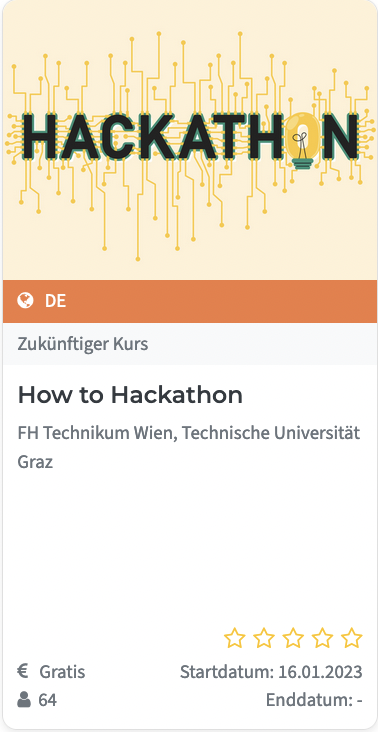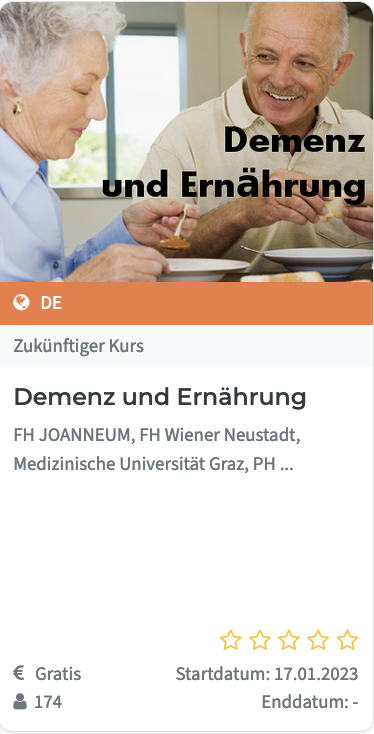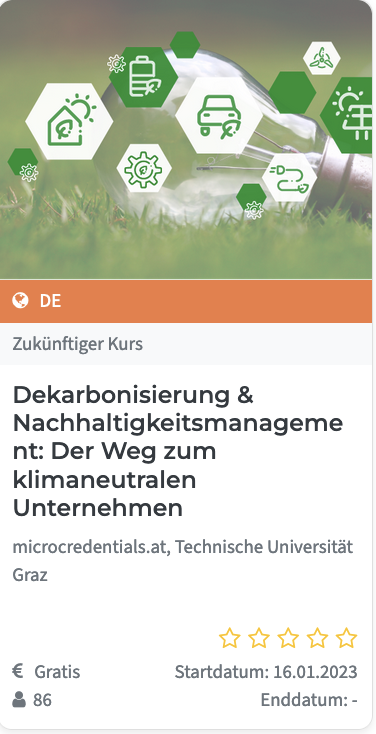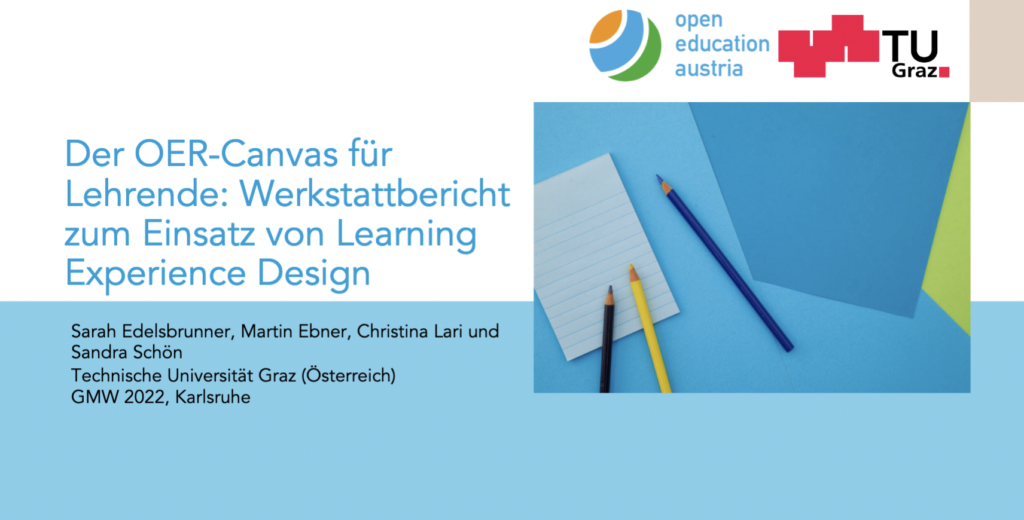Unsere gemeinsame Publikation im Open Education Austria Advanced Projekt ist nun erschienen mit dem Titel „Attraktive Lösungen für Open Educational Resources aus dem österreichischen Hochschulraum – ein Werkstattbericht von Open Education Austria Advanced“.
Zusammenfassung:
Open Education Austria Advanced ist ein Projekt mehrerer österreichischer Universitäten, das attraktive Lösungen für OER als Gesamtprojektziel verfolgt. Diese äußern sich im Rahmen eines OERhub (zentrale Meta-Suchmaschine für OER aus dem gesamten öst. Hochschulraum), dem Aufbau von lokalen OER-Repositorien und einer nationalen Zertifizierungsstelle mit passenden Qualifizierungsangeboten. Der weitreichende Wissenstransfer des Projekts in die österreichischen Hochschulen an der Schnittstelle von Bibliotheken, Zentralen IT-Services und Teaching & Learning Zentren trägt zur Sichtbarmachung und Nutzung von Synergien aus Open Science und Open Education bei, um einen Beitrag zur freien Nutzung von Bildungsinhalten aus der (Hochschul-)Lehre zu leisten und offene Praktiken analog zur Forschung zu etablieren (Open Access, Open Data).
[Publikation @ Journal Homepage]
[Publikation @ ResearchGate]
Zitation: Hackl, C., Ebner, M., Ganguly, R., Gröblinger, O., Handle-Pfeiffer, D., Kopp, M., Schmölz, A., Schön, S. und Zwiauer, C. (2022) „Attraktive Lösungen für Open Educational Resources aus dem österreichischen Hochschulraum – ein Werkstattbericht von Open Education Austria Advanced“, Mitteilungen der Vereinigung Österreichischer Bibliothekarinnen und Bibliothekare, 75(2). doi: 10.31263/voebm.v75i2.7190







